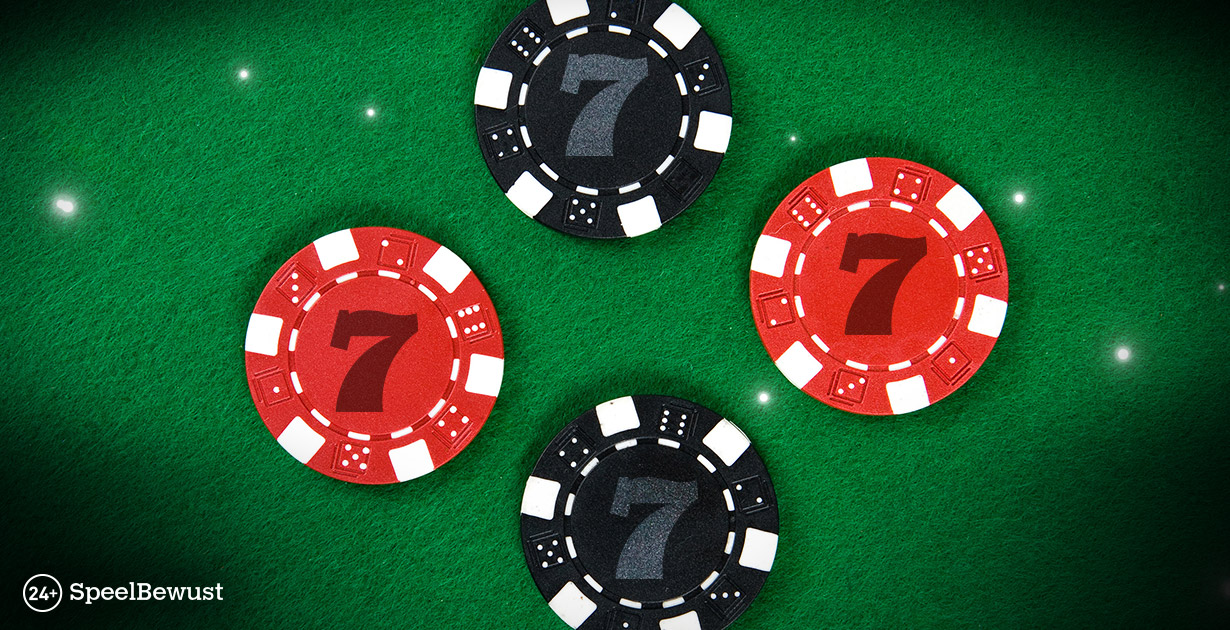Gambling is an inherent human activity, and over the centuries, various cultures have developed their own systems for playing games of chance and skill. Although some of these systems have been lost in the mists of time, the traditional casino games we know today have their roots in these older games, with many diverging paths as the games spread across the globe.
From the simplest games that are almost universal to the games that are only played in certain parts of the world, gambling may have global appeal, but the way people play varies enormously.
The Foundation of Gambling in the United Kingdom and Ireland
In Ireland, gambling is not just a pastime; it is almost a way of life. From physical casinos to online casinos and local racecourses and lotto shops – it is all there. Irish gamblers enjoy various types of gambling, including the national lottery, which is extremely popular among young adults.
England, another major gambling market, has a long history with gambling. During the Middle Ages, games of chance served not only as entertainment but also as a way to communicate with God. Over the centuries, this perception evolved, and today there are more than 6,000 betting shops in the UK. The rise of online gambling has led to a digital revolution, with online slots and poker being popular among the youth.
The Diverse Foundations of American Gambling
In the United States, gambling has both fervent supporters and strict opponents. While some colonial lotteries were used to solve economic problems, gambling activities became heavily commercialised in the 20th century, with Las Vegas as the shining centrepiece. In the 1980s, Native American tribes gained the right to offer gambling activities on their land, leading to an explosion of casinos.
Today, sports betting, especially on American football, is an immensely popular activity, with billions of euros wagered annually.
Gambling Traditions in Asia
China has a long history with gambling, where economic prosperity and social values play a role. Macau, now a gambling capital, has even surpassed Las Vegas in terms of gambling revenues. Traditional games such as Baccarat have become globally popular, while others, like Sic Bo, remain local favourites.
In Japan, Pachinko is the most popular gambling game. These machines, similar to pinball, are found everywhere and generate significant revenue. Although traditional gambling is strictly regulated, Pachinko parlours continue to thrive.
Different Traditions Worldwide in Online Casinos
Online casinos often reflect the cultural traditions and practices of the regions they originate from. In Asian countries like China and Japan, online gambling games are often influenced by local superstitions and traditions. In China, many players wear red clothing and use lucky numbers like 8, while avoiding numbers like 4. Japanese players enjoy Pachinko and other skill games that have been digitised. In European countries, including the United Kingdom, online slots and sports betting are very popular, with a strong emphasis on responsible gambling and strict regulations. In the United States, there are various state-by-state rules, but games like online poker and fantasy sports are very popular.
For Dutch players looking to adapt to these different traditions, it is important to consider the following tips:
- Do Research: Understand the cultural context and traditions of the country where you are playing. This can help in choosing games and understanding local etiquette.
- Respect Local Rules and Superstitions: If you are playing in an online casino in another country, be aware of the local superstitions and try to respect them.
- Learn from Other Cultures: Use the opportunity to learn from the traditions and habits of other players. This can enrich your own gaming experience and enhance your understanding of the game.
- Adapt Your Behaviour: If you notice that certain behaviours or practices are beneficial in a particular culture, do not hesitate to adapt your playing style accordingly.
By following these tips, Dutch players can not only increase their chances in online casinos but also enjoy a richer and more rewarding gambling experience.
Conclusion
Gambling, whether physical or online, reflects the diversity of cultures worldwide. Each spin of the wheel or roll of the dice tells a story of traditions and customs deeply rooted in the history and culture of a country. For players, this offers not only entertainment but also a chance to learn more about the rich cultural tapestries of the world. Whether you are playing in a luxurious casino in Las Vegas, a Pachinko parlour in Japan, or from the comfort of your home on an online platform, it is important to remember that gambling is more than just a game – it is a window into the soul of a culture.
Frequently Asked Questions about Online Casino Traditions Worldwide
What are some unique online casino traditions in different countries?
In various countries, there are unique traditions and customs that influence how people gamble online. In China, many players wear red clothing for luck and avoid numbers like 4 due to superstition. In Japan, online versions of Pachinko are popular, and players win tokens that they can later exchange for prizes. In the United Kingdom, online slots and sports betting are very popular, while American players often enjoy online poker and daily fantasy sports.
How can I adapt to the gambling traditions of another country when playing in an international online casino?
To adapt to the gambling traditions of another country, you can do the following: Research the cultural context and local customs of the country where the online casino is based. Respect local superstitions and try to follow them. Learn from other players and adjust your playing style if it is beneficial. By being open to new traditions and customs, you can enrich your experience and possibly increase your chances of winning.
Are there differences in regulations for online casinos in different countries?
Yes, the regulations for online casinos vary greatly by country. European countries like the Netherlands have strict regulations and a strong focus on responsible gambling. In the United States, the rules differ by state, with some states fully legalising online gambling and others restricting it. Asian countries often have unique rules related to local traditions and superstitions.




